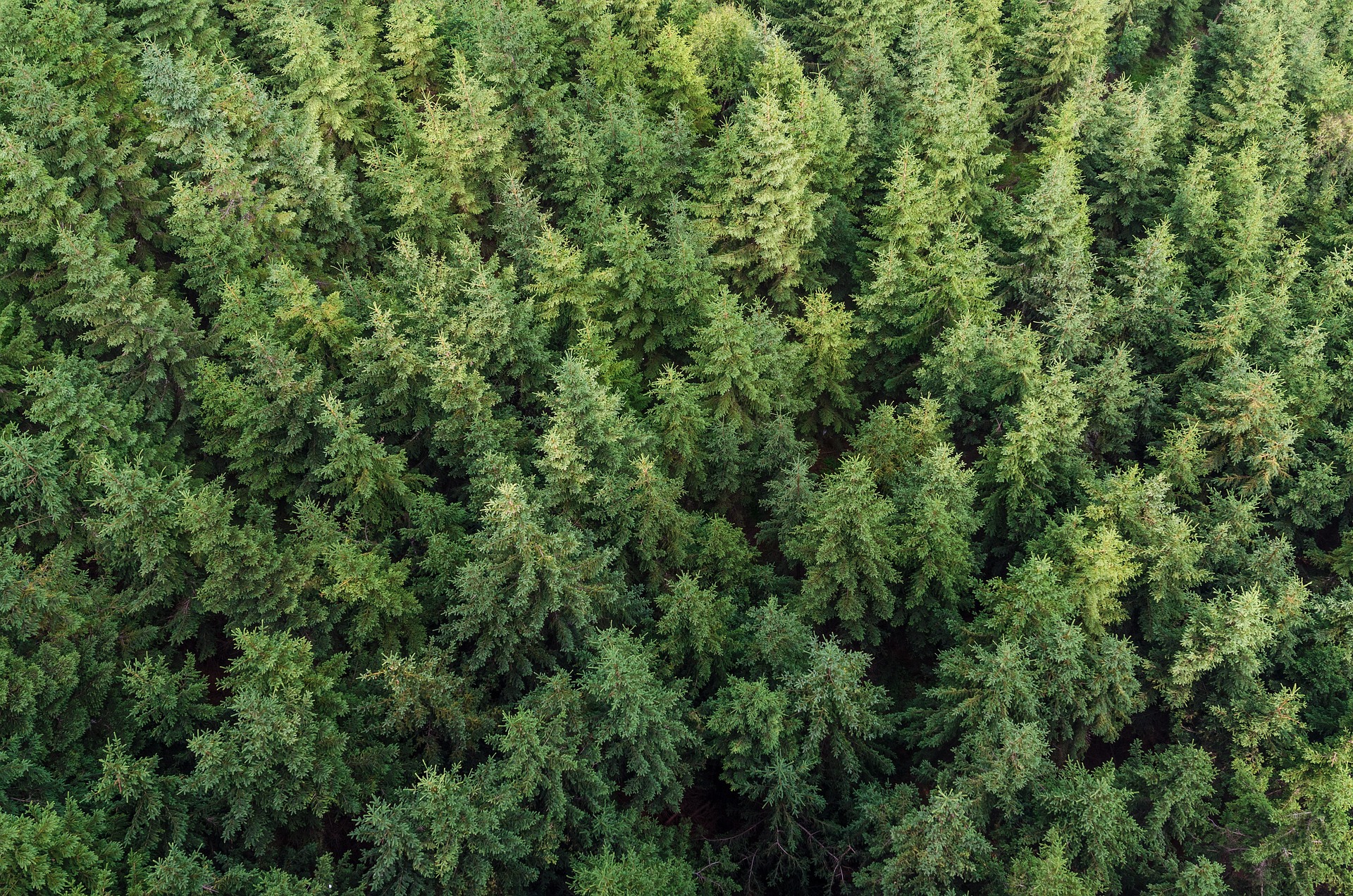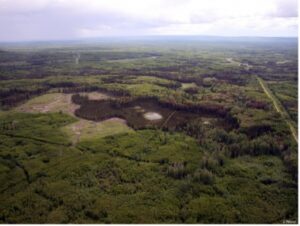Biodiversity, Disturbance and Ecological Memory: A forest management approach

About this presentation
N atural disturbances (e.g., wildfire) are important drivers of forest change that influence the present and future composition of species across the landscape. Normally, these disturbances leave behind legacies of the pre-disturbance landscape – both within and outside of the disturbed area – that can be seen as an equivalent to ecosystem memory. These legacies thus retain information (habitats, species, etc.) that is of great importance for aiding the recovery and regeneration of the forest following the disturbance. With the increasing pressures of resource development (e.g., forestry, oil and gas exploration), human disturbances have become widely prevalent across the landscape, imposing significant changes in ecosystem recovery. Over the last decades, the forest industry has adopted harvesting prescriptions inspired by patterns left by stand-replacing natural disturbances, particularly wildfire, with the objective of maintaining forest structure and biodiversity on the harvested landscape. However, the main question is whether post-harvest legacies retain ecosystem memory and whether memory from previous natural disturbances remains of the harvested landscape. This presentation will provide a general overview of some important properties of ecological communities that are key for understanding the management of biodiversity, particularly in the context of forest disturbance, and will discuss the concept of ecosystem memory in the context of forest management. Evidence will be presented using data from the Ecosystem-based Management Emulating Natural Disturbances (EMEND) project, an internationally renown long-term forestry experiment in the Boreal forest of Alberta, by looking at the fire history of the landscape and the influence of both wildfire and harvesting operations on the species composition of invertebrates, plants and songbirds.
atural disturbances (e.g., wildfire) are important drivers of forest change that influence the present and future composition of species across the landscape. Normally, these disturbances leave behind legacies of the pre-disturbance landscape – both within and outside of the disturbed area – that can be seen as an equivalent to ecosystem memory. These legacies thus retain information (habitats, species, etc.) that is of great importance for aiding the recovery and regeneration of the forest following the disturbance. With the increasing pressures of resource development (e.g., forestry, oil and gas exploration), human disturbances have become widely prevalent across the landscape, imposing significant changes in ecosystem recovery. Over the last decades, the forest industry has adopted harvesting prescriptions inspired by patterns left by stand-replacing natural disturbances, particularly wildfire, with the objective of maintaining forest structure and biodiversity on the harvested landscape. However, the main question is whether post-harvest legacies retain ecosystem memory and whether memory from previous natural disturbances remains of the harvested landscape. This presentation will provide a general overview of some important properties of ecological communities that are key for understanding the management of biodiversity, particularly in the context of forest disturbance, and will discuss the concept of ecosystem memory in the context of forest management. Evidence will be presented using data from the Ecosystem-based Management Emulating Natural Disturbances (EMEND) project, an internationally renown long-term forestry experiment in the Boreal forest of Alberta, by looking at the fire history of the landscape and the influence of both wildfire and harvesting operations on the species composition of invertebrates, plants and songbirds.
About Jaime Pinzon
Jaime is a Research Scientist in Biodiversity and Ecological Restoration with the Department of Natural Resources Canada (Canadian Forest Service) in Edmonton at the Northern Forestry Centre. Jaime is a Biologist from Colombia, earned his PhD in Wildlife Ecology and Management in 2011 at the University of Alberta and holds an Adjunct Professor position with the Department of Renewable Resources. Jaime is involved with NRCan’s Cumulative Effects and Sustainable Forest Management Programs where his research focuses on spider ecology and biodiversity responses to natural and human disturbances, with particular interest in the context of forest management and land restoration.
ACCESS: Current BVRC members will receive a Zoom invite; non-members can email info@bvcentre.ca for the link.

